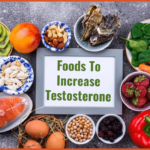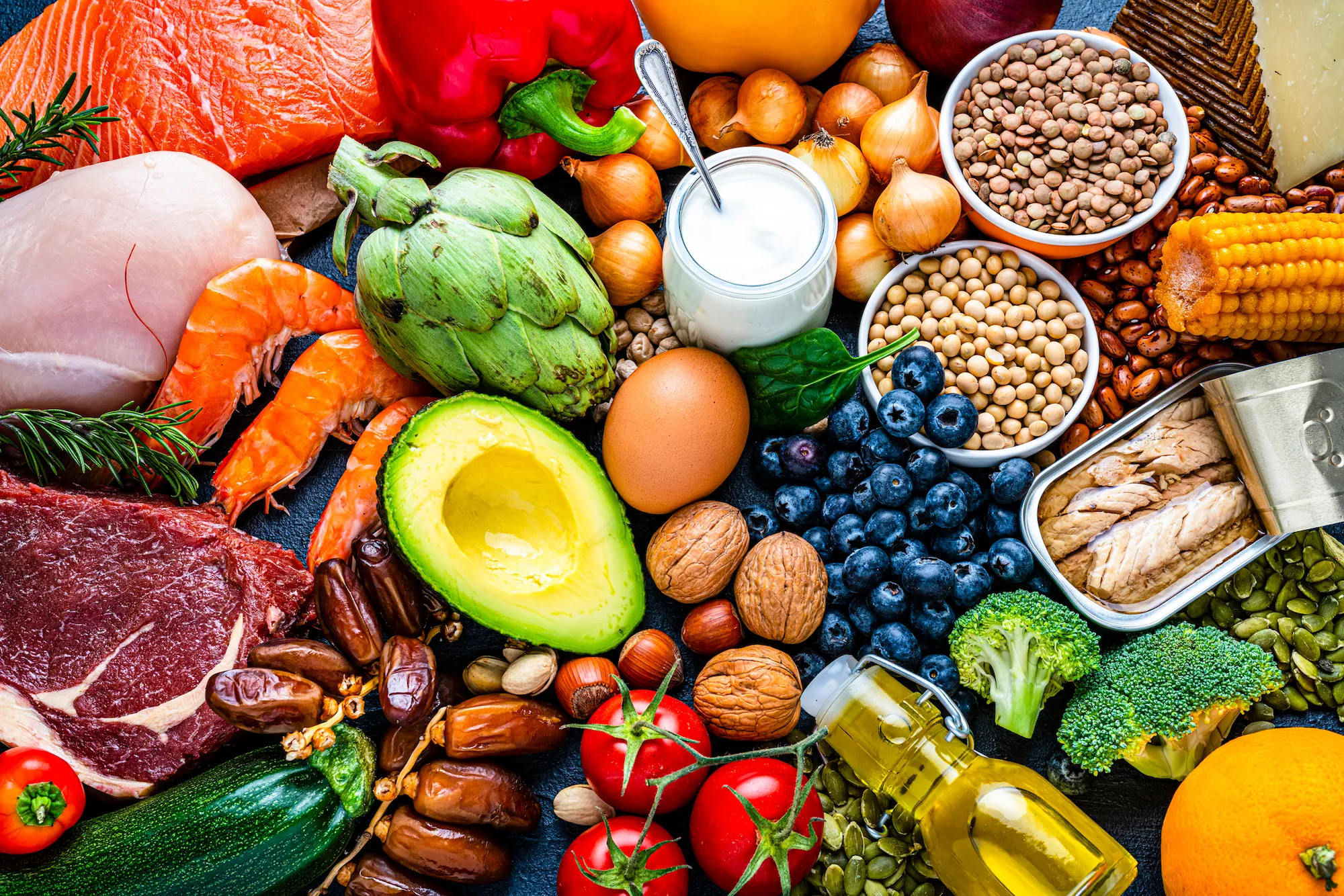Protein plays a crucial role in the human diet, contributing to various functions in the body. Here are some key roles and benefits of protein:
- Building blocks of the body: Proteins are the building blocks of tissues, organs, muscles, skin, and bones. They provide the structure and support necessary for growth, repair, and maintenance of the body.
- Muscle development and maintenance: Protein is essential for muscle development and repair. It provides the amino acids needed for muscle protein synthesis, which is necessary for muscle growth, strength, and recovery after exercise.
- Enzyme production: Many enzymes in the body are proteins that facilitate and regulate various chemical reactions, supporting digestion, metabolism, and other essential processes.
- Hormone production and regulation: Some hormones, such as insulin and glucagon, are protein-based and are involved in regulating blood sugar levels. Proteins also play a role in hormone production, signaling, and function.
- Immune system function: Antibodies, a type of protein, play a critical part in the immune system’s defense against pathogens and foreign substances. They help identify and neutralize harmful invaders.
- Transportation and storage of molecules: Proteins assist in the transport and storage of vital molecules, such as oxygen (hemoglobin), lipids (lipoproteins), and vitamins (transport proteins).
- Energy source: While carbohydrates and fats are the primary sources of energy, proteins can be broken down into amino acids and used for energy when carbohydrates and fats are insufficient. However, the body typically relies on protein for energy only in cases of prolonged starvation or extreme exertion.
- Appetite regulation and satiety: Protein has a higher satiety factor compared to carbohydrates and fats, meaning it can help you feel fuller for longer. Including protein in meals and snacks can aid in appetite control and weight management.
- Nutrient absorption: Protein is involved in the absorption and transport of certain minerals, such as iron and calcium, within the body.
It is important to consume an adequate amount of protein from a variety of sources in your diet to meet your nutritional needs. Sources of protein include animal products like meat, poultry, fish, eggs, and dairy, as well as plant-based sources such as legumes, tofu, tempeh, seitan, nuts, and seeds. The recommended protein intake may vary depending on factors such as age, sex, activity level, and overall health, and consulting with a registered dietitian can provide personalized guidance on protein requirements.












igz0sl
Alright, folks! Been checkin’ out nohuvip. Seems like a decent spot to try your luck. Give it a shot, see if you can hit the jackpot! Check it out here: nohuvip
Yo, having trouble logging in? 667betloginentrar has the link to help. Easy peasy. Go here: 667betloginentrar